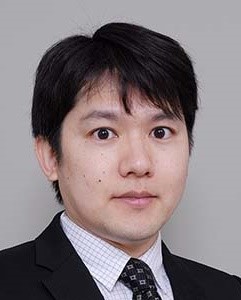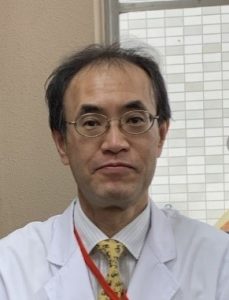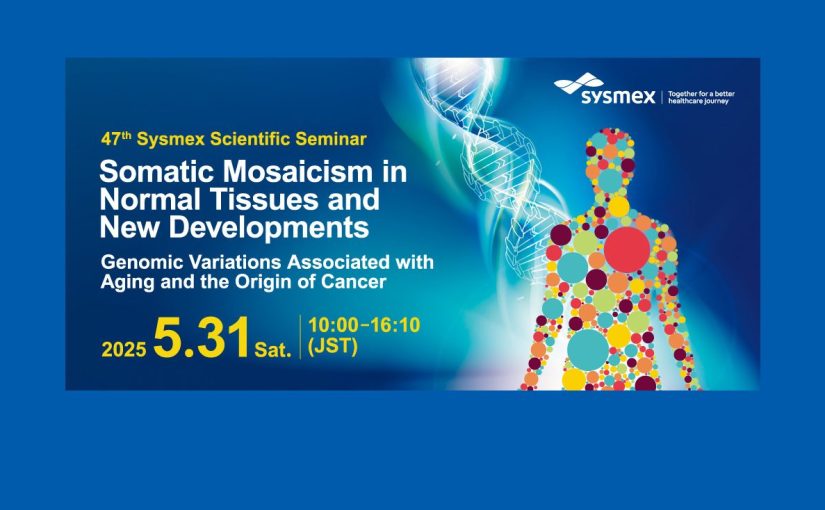44th Sysmex Scientific Seminar Blood Disease: Weaving Tomorrow’s Healthcare Through Diagnosis
44th Sysmex Scientific Seminar Blood Disease: Weaving Tomorrow’s Healthcare Through Diagnosis
The advancement of various innovative technologies has led to continuous breakthrough in the diagnosis, treatment, and pathophysiology of many diseases. Blood is composed of blood cells and plasma, and not only plays an important role in maintaining homeostasis of the human body, but also helps grasp its health condition. Therefore, it is not an overstatement to say that blood test is the most common test in daily medical practice. In recent years, as molecular abnormalities involved in the onset and progression of many diseases have been discovered, the value of blood-based molecular diagnostics have been raised significantly.
Particularly in haematological diseases, a large number of molecular abnormalities have been identified besides malignancies. Therefore, it is the most advanced disease area for practical application in not only diagnosis, but also other daily medical practice including prognosis prediction, evaluation of therapeutic effect, and early prediction of recurrence. Among the various haematological diseases, this seminar will focus on genome medicine in haematopoietic tumors, minimal residual tumour cells, liquid biopsy, and haemostatic monitoring. We hope this serves as an opportunity to share the tomorrow of blood disease practice that innovative diagnostic technologies “weave” for us.
Programs & Speakers (All times are in JST)

10:00 - 10:05
Opening Address
Yutaka Yatomi Chairman of Sysmex Scientific Seminar planning committee

10:05 - 11:05
Future Direction of Genome Medicine in Haematologic Malignancies
Keisuke Kataoka, M.D., Ph. D.
Professor, Division of Hematology, Department of Medicine, Keio University School of Medicine /
Chief, Division of Molecular Oncology, National Cancer Center Research Institute
11:10 - 12:15
Minimal Residual Disease in Pediatric Leukaemia
Takashi Taga, M.D., Ph. D.
Clinical Professor, Department of Pediatrics, Shiga University of Medical Science
12:15- 13:30
Break

13:30 - 14:35
Utilisation of Liquid Biopsy in Clinical Practice of Haematological Diseases
Akihiro Tomita, M.D., Ph. D.
Senior Professor, Department of Hematology, Fujita Health University School of Medicine
14:35 - 14:55
Break

14:55 - 16:00
Advances and Innovations in Diagnosis and Haemostasis Monitoring on Haemophilia
Keiji Nogami, M.D., Ph. D.
Professor, Department of Pediatrics, Nara Medical University
Chairpersons
Kobe : Hitoshi Kiyoi, Professor, Graduate School of Medicine, Nagoya University
Tokyo: Tomoki Naoe, Honorary Director, National Hospital Organization Nagoya Medical Center
Live interpretation available in Thai, Vietnamese & Bahasa Indonesia
Register Now!
Lecture Abstracts
Lecture 1

Title: Future Direction of Genome Medicine in Haematologic Malignancies
Speaker: Keisuke Kataoka, M.D., Ph.D.
(Professor, Division of Haematology, Department of Medicine, Keio University School of Medicine)
Although the healthcare system for cancer precision medicine has been established in Japan for the past few years, it mainly focuses on solid cancers. In haematologic malignancies, such as leukaemia and lymphoma, driver genes targeted by somatic alterations are different from those in solid cancers. Clinical sequencing has been performed mainly for identifying therapeutic targets in solid cancers. Besides this purpose, it is useful in diagnosis and prognostic prediction for haematologic malignancies. Therefore, different strategy and next-generation sequencing (NGS) panel are needed for precision medicine in haematologic malignancies. Here I summarize the clinical relevance of somatic alterations and the underlying scientific basis in haematologic malignancies.
Lecture 2

Title: Minimal Residual Disease in Paediatric Leukaemia
Speaker: Takashi Taga, M.D., Ph.D.
(Clinical Professor, Department of Paediatrics, Shiga University of Medical Science)
Acute lymphoblastic leukaemia is the most common haematologic malignancy in the paediatric population. Although most patients have a good prognosis and will achieve complete remission, there remains those with certain demographical or molecular risk factors, who will experience refractory disease or frequent relapses. The identification of these risk factors is of utmost importance to guide prognosis and subsequent treatment. In recent years, much emphasis has been given to the concept of Minimal Residual Disease (MRD) to assess treatment response and indicate prognosis. Specifically, it evaluates the extent of disease remission by identifying chimeric transcripts or specific genetic aberrations associated with residual leukaemic cells using techniques such as polymerase chain reaction (PCR) or flow cytometry. In this lecture, Dr. Takashi Taga will discuss the current status and future directions pertaining to clinical trials related to MRD in paediatric leukaemia.
Lecture 3

Title: Utilisation of Liquid Biopsy in Clinical Practice of Haematological Diseases
Speaker: Akihiro Tomita, M.D., Ph.D.
(Senior Professor, Department of Hematology, Fujita Health University School of Medicine)
Advances in next generation sequencing have revealed many genetic alterations in malignant lymphoma (ML) . The importance of genetic analysis is being recognized not only in molecular diagnosis but also in the selection of targeted therapy. Tumor biopsy is essential for genetic analysis of ML, but there are some cases in which the tumor biopsy is difficult. In this issue, I would like to outline the current status of “liquid biopsy”, a genetic analysis strategy using body fluids of patients, and discuss the usefulness in the clinical setting of ML.
Lecture 4

Title: Advances and Innovations in Diagnosis and Haemostasis Monitoring on Haemophilia
Speaker: Keiji Nogami, M.D., Ph.D.
(Professor, Department of Pediatrics, Nara Medical University)
Haemophilia A and B is diagnosed based on the coagulation factor (F) VIII and IX activity, respectively. This disorder is classified into three groups, severe (< 1 IU/dL) , moderate (1 – < 5 IU/dL), and mild type (5 – < 40 IU/dL), since FVIII or FIX activity correlates with the clinical severity. Although this activity is measured by conventional one-stage clotting assay based on activated partial thromboplastin time (aPTT), we often experience cases where the severity of the disease based on the activity level does not correlate with the clinical symptoms. It is also difficult to monitor haemostasis potentials when alloantibodies (inhibitors) have appeared, which is one of the serious unmet needs in haemophilia therapy. Although innovative advances have been made in terms of haemostatic products for haemophilia, there are limitations to conventional aPTT-base haemostatic monitoring, as it is not always possible to accurately measure coagulation potential depending on the products. To solve these issues, comprehensive coagulation function measurement has been developed to evaluate haemostatic coagulation function. In particular, coagulation waveform analysis (CWA) can monitor the changes of permeability in plasma sample during fibrin formation in the prothrombin time (PT) and aPTT measurement systems and depict the entire coagulation process as coagulation waveforms. Computer analysis of the data enables quantitative evaluation of the dynamic process of coagulation and fibrinolysis from this waveform and the obtained parameters. Innovations in coagulation measurement devices have made it possible to more accurately reflect the coagulation assessment of patients with haemophilia and are now leading to improvements in haemophilia treatment care.

![[VOD AVAILABLE] Optimising Lupus Anticoagulant Testing: From Algorithms to Guidelines](https://www.sysmex-ap.com/wp-content/uploads/2025/05/Red_Blood_Cells_and_Platelets-scaled-e1749118671948-825x510.jpg)

![[VOD AVAILABLE] MINDS TOGETHER – Sysmex Knowledge Congregation Webinar on Anaemia & Haematuria Early Diagnosis Using Automation](https://www.sysmex-ap.com/wp-content/uploads/2022/08/3d_illustration_of_red_blood_cells_1-825x510.jpg)
![[VOD AVAILABLE] 9th International Sysmex Scientific Seminar](https://www.sysmex-ap.com/wp-content/uploads/2024/09/ISSS-2024-background-825x510.jpg)